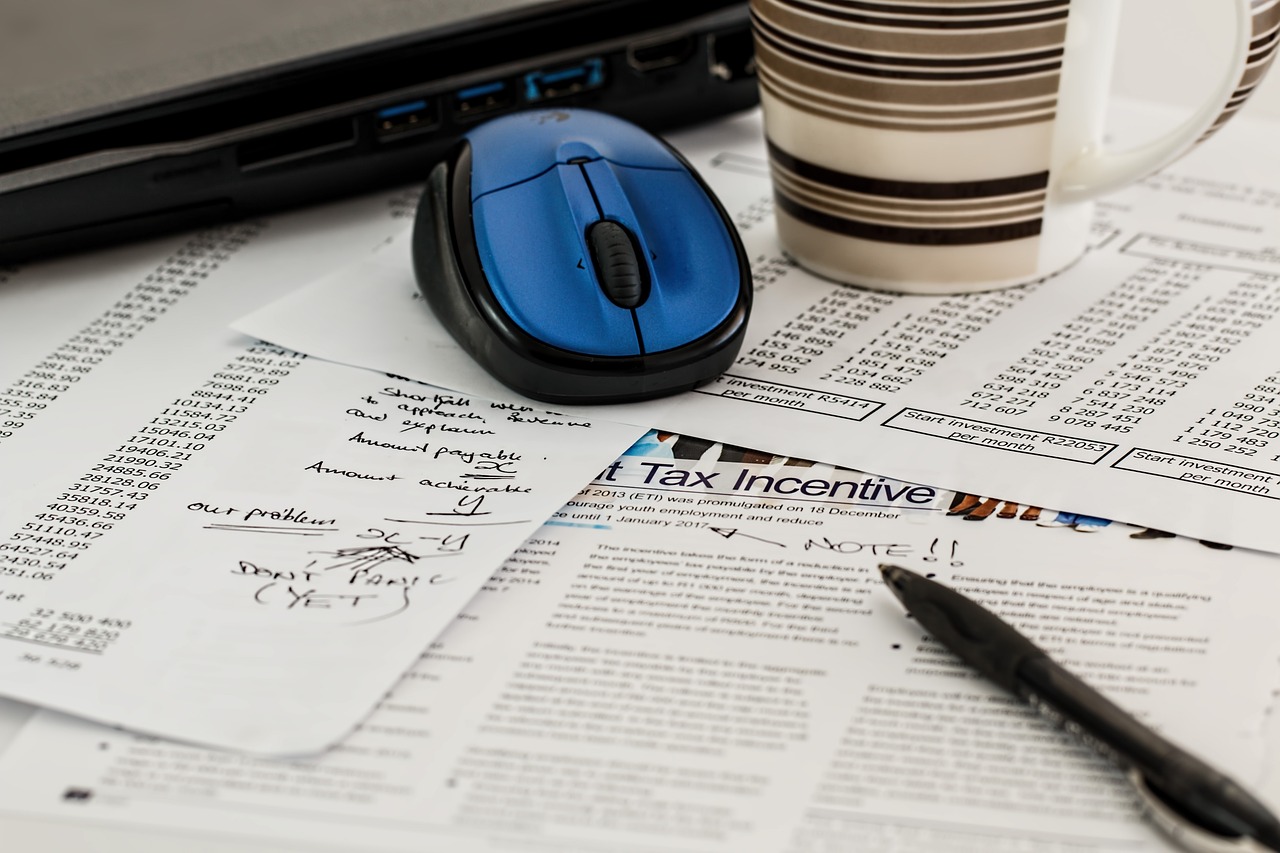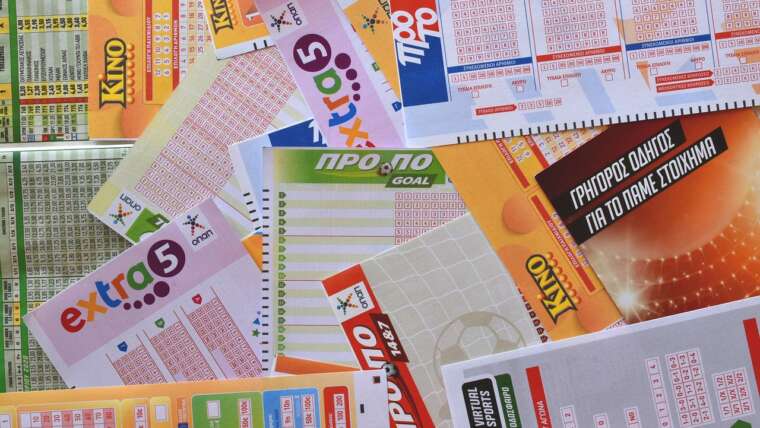
The employee provident fund or EPF is known as a retirement benefits scheme primarily offered by EPFO where both the employee and the employer can contribute at least 12% of their salary towards EPF. However, at present, the interest rate for EPF deposits is 8.10% annually. And according to the provisions of the Income-tax act 1961, the entire balance in EPF, which is payable to the employee, usually gets excluded from the computation of the total income when certain conditions are met.
So, you can easily conclude that the withdrawal is exempted from tax and that particular person does not have to show the same as income. However, it is taxable under certain conditions.
Table of Contents
- 1 When is the withdrawal of EPF taxable?
- 2 1. Withdrawal of EPF can be made before five years of continuous service:
- 3 2. Because of the unrecognized EPF
- 4 When is the EPF not taxable?
- 5 1. If you complete five years of your continuous service
- 6 2. On termination beyond the control of the employee
- 7 3. While transferring the PF
- 8 4. While transferring to NPS
- 9 How are withdrawals taxed?
- 10 In case of Employee’s contribution
- 11 Interest in the employee’s contribution
- 12 Employer’s contribution and interest in employer’s contribution
- 13 Eligibility criteria for EPF withdrawal
When is the withdrawal of EPF taxable?
There are several arenas related to this category. For instance-
1. Withdrawal of EPF can be made before five years of continuous service:
If you are an employee of a certain organization and withdraw the EPF before completing five years of continuous service, then TDS is deducted. Suppose the amount is less than Fifty-thousand rupees, then no TDS will be deducted.
However, there is one drawback- if the person falls under the tax bracket, then that person has to offer such EPF withdrawal in his return of the income. But if the amount is more than fifty thousand, then 10% TDS is deducted if the PAN is not furnished. And in the case of PF withdrawal forms, no TDS is deducted in the case of 15H and 15G forms, and the same regulation of offering the amount of the income tax returns is applicable.
2. Because of the unrecognized EPF
When the commissioner of Income Tax does not approve any EPFs, they are considered as unrecognized provident funds. On the other hand, if your EPF is recognized by any authority other than the commissioner of Income Tax, then it is likely that your withdrawals will be taxed even if you complete five years of continuous service.
When is the EPF not taxable?
1. If you complete five years of your continuous service
If any employee completes five years of their continuous service, then EPF, recognized by the commissioner of income tax, exempts the EPF withdrawals from TDS. However, if your EPF balance from the old employer is transferred to the new employer then while calculating the five years, the tenure with the previous employer also gets included.
Furthermore, such withdrawals will be excluded from the computation of the total income and, thereby, exempted from taxes.
2. On termination beyond the control of the employee
If the service of any employee gets terminated because of their ill health or by contraction of any other cause which is beyond the control of the employee, then some rules apply. At that time, the EPF withdrawals are exempted from the TDS and excluded from total income.
3. While transferring the PF
PF funds are often transferred across accounts. In case of such a transfer due to a change of job or other circumstances, then it is exempted from TDS and definitely not included in the computation of total income.
4. While transferring to NPS
If, by any chance, the entire balance is transferred to your NPS account, then you can escape from TDS and from the computation of total income.
How are withdrawals taxed?
You must know that the EPF has three components- an employee’s contribution and interest on the employee’s contribution, and employer’s contribution and interest on the employer’s contribution.
In case of Employee’s contribution
if you are still an employee, then you can contribute some amount to your EPF. This portion of your withdrawal may not be taxable, but if you have claimed a deduction under 80C on your early years’ contribution, then you may need to pay additional taxes if 80C is not claimed by you for those years.
Interest in the employee’s contribution
This portion is taxed as income from another source.
Employer’s contribution and interest in employer’s contribution
In this case, the employer’s contribution and interest are entirely taxable. It is taxed under the head salary in the tax return, and when the TDS is deducted, there is a chance you will see an entry under salary TDS in the form of 26AS for it.
Eligibility criteria for EPF withdrawal
- There are several prerequisites that an employee must meet to withdraw the PF fund.
- Only after retirement, you can withdraw the entire amount of your PF. However, early retirement is only considered by EPFO if a person has attained the age of 55.
Some of the parts of EPF can be withdrawn in the event of a medical emergency, higher education or property purchase, or even during the construction phase.


